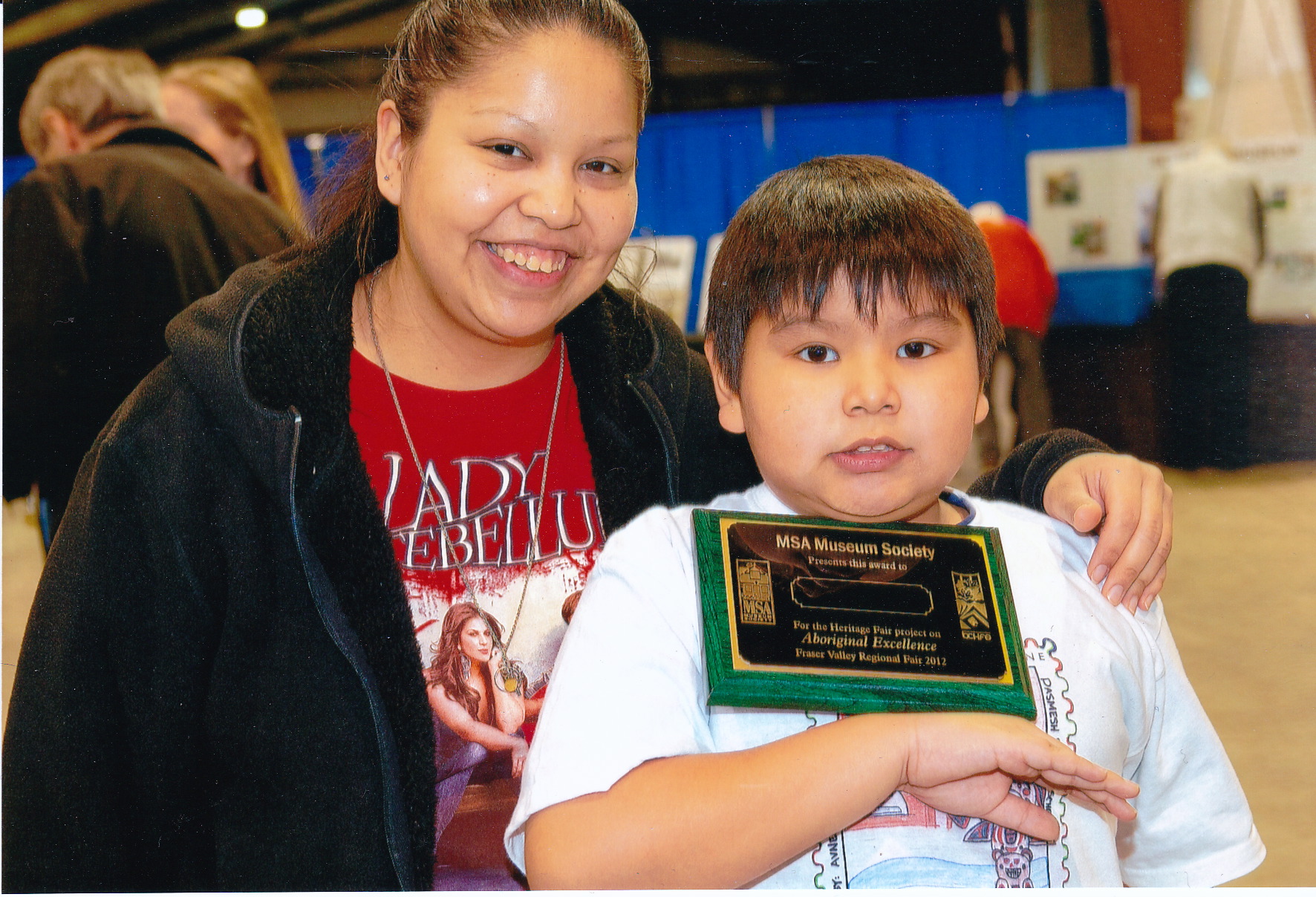Making History Meaningful
5 Avril 2013 - 2:38pm

"I think that it is in the curriculum because people need to learn about it."
"To get a bit about ancient stuff into your brain."
"I don't know or care."
A recent survey of 1,700 English students aged 11 to 14 asked them if they found history to be useful. The good news was that almost 70 percent said that it was. The bad news was that few could articulate why it was useful. Typical answers were like those above.
Students ought to know why they are studying something. Social Studies and history teachers know the purpose of learning history. Their reasons might include critical thinking, citizenship, a sense of identity, cultural heritage, and so forth. Yet to students thesearguments hold little currency. Theyare either too abstract or explained in a cursory manner, maybe only in a course description, maybe not at all.
There are other well-known challenges to seeing history as meaningful. For example, student understanding is often piecemeal, confused and unconnected (re: Cooper, 1995). To them "history is one (favourite expletive) thing after another."
In addition, the provincial curriculum fails to connect personal and family history to larger narratives and contemporary Canada. However, Canadians and Their Pasts, the telephone survey in 2007 of over three thousand adult residents of Canada found that Canadians saw family history as by far the most important aspect of the past.Moreover, Friesen, Del Muise and David Northrup (2009) argue that "'autobiographical memory,' a personal version of history is a first step in the development of a 'usable past.'”
The BC Heritage Fairs program has produced a new PowerPoint presentation Making History Meaningful that explains how the fairs, especially when teachers frame them around historical thinking concepts, can help students appreciate the "meaningfulness" of the past. It stipulates purpose, connections, and inquiry among other criteria to make history meaningful.
Now retired from teaching, I regret that I never sat down with my social studies colleagues to develop a common purpose for learning history. However, in my classroom I did make historical significance central to almost every topic. I also framed my units around puzzling inquiry questions or historical mysteries. Wherever possible, I found an "authentic setting" for projects, such as – of course – a history/heritage fair with invited guests, Remembrance Day ceremonies, and the anniversary celebration of our high school, David Thompson Secondary. (Student letters to the Premier asking for a holiday in Thompson's honour prompted a warm and witty response that regretfully declined the suggestion.)
I was more haphazard in making connections to the family. Some years I had students interview family members or had them bring in personal artefacts to interpret and share but wish that I had done more. I was better at using the concept of continuity and change to establish connections among events. For example, we would often construct illustrated timelines that showed examples of continuity and connections amongst events.
How do you help make history meaningful for your students?
Photo: Andrew and his mother at a BC Heritage Fair. Andrew was the recipient of the 2012 Aboriginal Excellence Award. Photo by Davina Graham of Photos by Davina.
References:
- Hilary Cooper. "Primary school history in Europe: a staplediet or a hot potato" in James Arthur and Rober Phillips, eds. (2002) Issues in HistoryTeaching, New York: Routledge, 163.
- Richard Harris and Terry Haydn. "Children’s ideas about school history and why they matter,"TeachingHistory, 132, September, 2008. 40-48.
- Gerald Friesen, Del Muise et David Northrup. "Variations on the Theme of Remembering: A National Survey of How Canadians Use the Past,"Journal of the Canadian Historical Association / Revue de la Société historique du Canada, vol. 20, n° 1, 2009, 221-248.
- Se connecter ou créer un compte pour soumettre des commentaires

